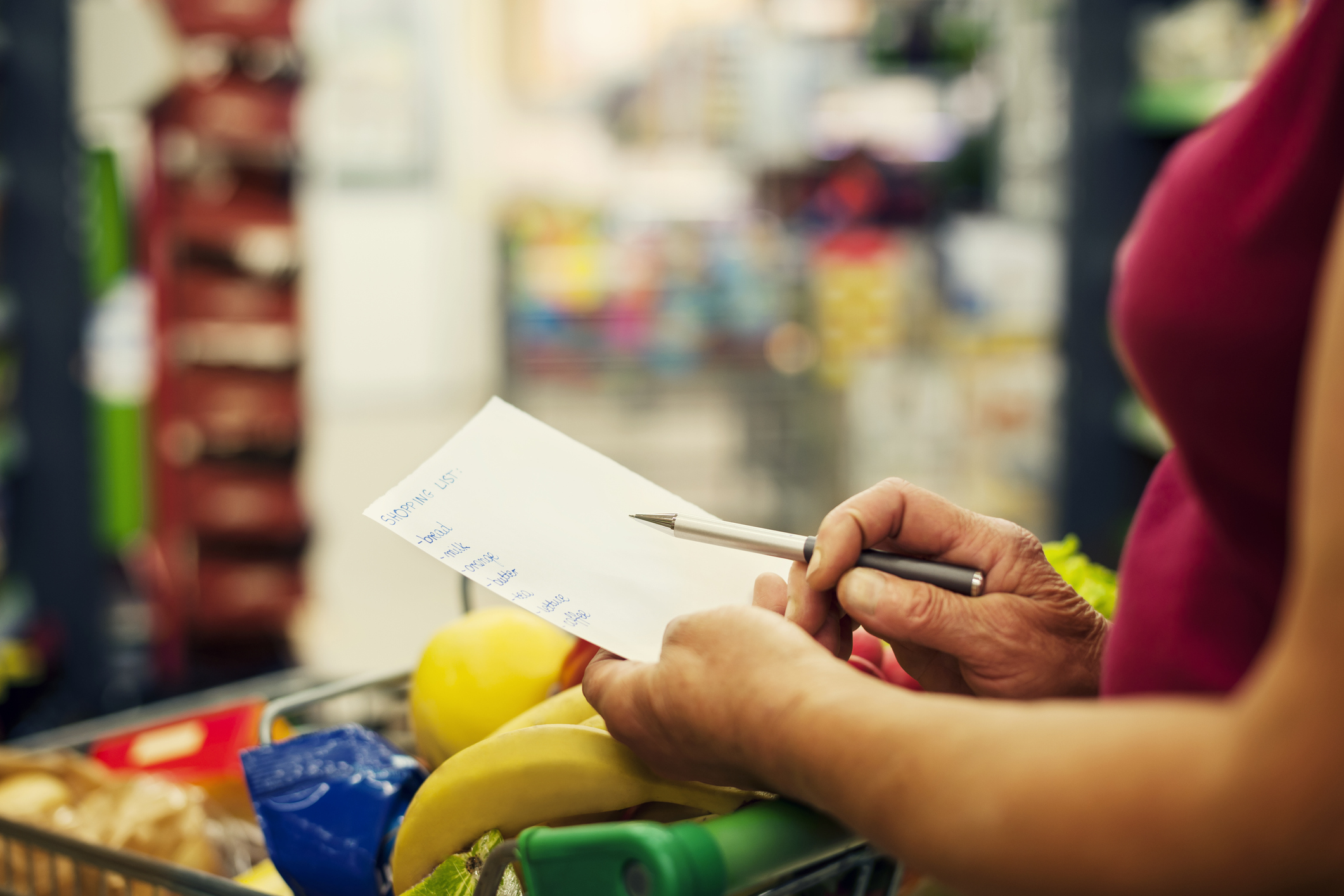Keeping a good supply of non-perishable foods, medicines and household supplies is a key part of preparing for self-isolation during the COVID-19 pandemic. Because seniors and people with chronic illnesses are most vulnerable to the virus, many grocery stores are creating early morning hours specifically for the elderly and those with a disability.
Supermarkets in Australia are also limiting the amount each person may purchase of staples like pasta, rice, paper towels, hand sanitizer, eggs, frozen vegetables, frozen desserts and ground meat to two packs per person, according to a recent ABC news report. Toilet paper, which has become the most hoarded item during the outbreak, is limited to one package per person.
The move to open stores early for seniors will help older adults avoid crowds and limit their exposure while still being able to purchase necessary goods. The supermarket chain Woolworths is also working with Meals on Wheels to deliver toilet paper with meals directly to elderly adults in the community.
For those in communities without special hours for elderly shoppers, seniors may want to consider doing their buying in off-hours such as first thing in the morning or in the evening when stores are less busy. Home delivery services are also a good option for older adults and people with a compromised immune system. Family and neighbors can offer to run errands and drop off supplies to protect the elderly in their neighbourhoods. Many larger stores also have online ordering with pickups done in the parking lot without the customer ever having to enter the store.
The latest guidance from the Centers for Disease Control and Prevention recommends that for the next 8 weeks, gatherings of 50 or more people be cancelled or postponed. Events of any size should be continued only if they can be carried out to protect the vulnerable, practicing proper hand hygiene and maintaining a distance of 6 feet between people.
Fortunately, we live in a time when technology can help friends and families stay connected virtually through apps like FaceTime, Zoom, Google Hangouts and Skype. In addition to calling to check in on friends, neighbors and family members, why not take the initiative to create a virtual gathering to share recipes, gather a knitting group or host a virtual happy or coffee hour? Isolation is perhaps one of the most challenging aspects of the COVID-19 outbreak, but we have the tools to support one another and minimize isolation and loneliness.
Stay current on CDC guidelines by following this link to the COVID-19 CDC resource page.






Add Your Voice
0 Comments
Join the Discussion